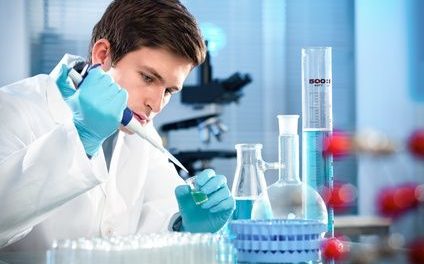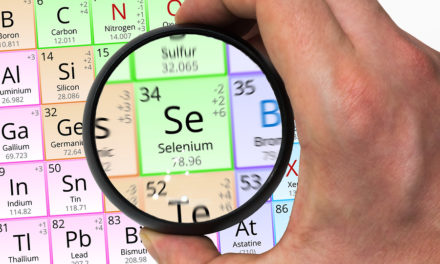
Choline
Choline is considered one of the B-complex vitamins. It functions with inositol as a basic constituent of lecithin. It is in egg yolk, liver, brewer’s yeast and wheat germ. It is associated with the utilization of fats and cholesterol in the body. It prevents fats from accumulating in the liver and facilitates the movement of fats into the cells. Choline is also essential for the health of the myelin sheaths of the nerves. It also helps to regulate and improve liver and gallbladder functioning and aids in the prevention of gallstones. Choline deficiency is associated with fatty deposits in the liver and may be related to cirrhosis of the liver, atherosclerosis and high blood pressure.
Inositol
Recognized as part of the vitamin B complex and is closely associated with choline and biotin. It is found in high concentrations in lecithin. It is found in animal and in plant tissues. In animal tissues it occurs as a component of phospholipids; in plant cells it is found in phytic acid.
Inositol is a component of lecithin, along with choline. In combination with choline it prevents the fatty hardening of arteries and protects the liver. Large quantities of inositol are found in the spinal cord nerves and in the brain and cerebral spinal fluid. It is thought to be helpful in brain cell nutrition. It is needed for the growth and survival of cells in bone marrow, eye membranes and the intestines.






